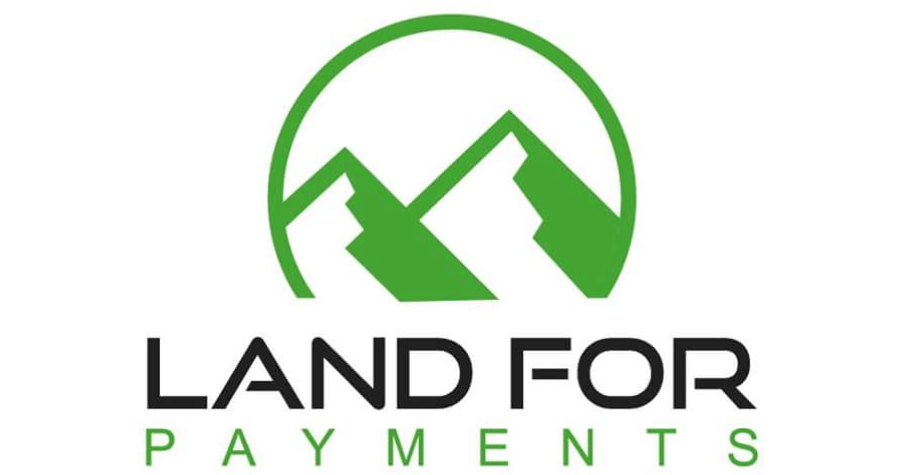So, you’re thinking about buying land? That’s an amazing idea! Seriously, there’s no other asset quite like land. It’s a tangible investment that you can see and touch. You can hold onto it and let it appreciate in value, or if you’re ready, you can build your dream home or retreat—whenever you’re ready, on your own schedule. And think about it—land isn’t like stocks that can crash or other investments that can disappear. You’ve got something real, something you can pass down to your kids, grandkids, and even future generations. Whether you’re looking to develop it, use it as a family getaway, or just have a piece of nature to call your own, owning land is an investment that can really pay off in the long run. I mean, who wouldn’t want a little slice of paradise to enjoy or profit from down the line, right?
Let’s dive into 10 things you need to know before jumping in!
- Location, Location, Location
When it comes to land, location is everything! Think about what you want from the land. Do you want peace and quiet in the middle of nowhere or something close to the action, like a weekend getaway that’s just a short drive away? A great location can not only give you the lifestyle you’re after, but it can also significantly increase the land’s value over time. Plus, the future development around the land can change the landscape, so check out things like upcoming roads or infrastructure projects—could make a big difference! - Zoning Laws
This one is super important, especially if you’re looking to build or use the land for a specific purpose. Zoning laws will dictate what you can or can’t do with the property. You don’t want to buy land and find out later that it’s restricted to agricultural use only when you’re dreaming of building a house or running a business. It’s always worth checking with the local municipality to ensure the land is zoned for what you have in mind. - Access to Utilities
One of the big things you’ll need to consider is whether the land has access to essential utilities like water, electricity, and sewage. If you’re buying remote land, these utilities might not be available, and it could be costly to bring them in. But the beauty of land is that it’s a blank canvas—you can install solar panels, create your own water supply, or even build an off-the-grid cabin, depending on your vision. Just make sure to factor in these costs before making an offer! - Land Topography
The lay of the land matters more than you might think. If you’re planning to build, the slope, soil type, and general topography can affect everything from your foundation to drainage. Flat land is easier to work with, but hilly or mountainous terrain can offer great views and even better opportunities for unique structures. But with that, you’ll also need to consider the extra cost and effort to level the land for construction or farming. - Title and Ownership History
Before you hand over any money, make sure the land has clear ownership. You’ll want to check that there are no disputes over the property’s title. A title search will reveal any issues, like outstanding debts or ownership conflicts, so you can avoid any headaches down the road. It’s worth the investment to do this legwork to ensure you’re getting what you think you are! - Property Boundaries
It’s crucial to know exactly where your land begins and ends. Boundaries are sometimes unclear, especially in rural areas. Imagine building your dream house only to find out that your neighbor’s property line extends into your land. Avoid costly legal battles by hiring a professional surveyor to mark the property lines. - Cost of Improvements
Many parcels of land come “as-is,” meaning you’ll need to put in the work to make it usable. This could involve clearing trees, adding gravel roads, or building infrastructure like a well or septic system. Make sure you understand the costs upfront so you don’t end up in over your head financially. But the cool thing is, once you improve the land, it increases in value, which is great for future resale or personal use. - Taxes
Property taxes on land can vary a lot, so do your research to find out what your annual tax burden will be. Some areas have lower taxes on rural land, while others, particularly near urban centers, could have much higher taxes. These taxes are part of your long-term investment plan, so don’t overlook this detail! - Land Use Restrictions
Beyond zoning laws, there may be additional restrictions on how you can use the land. This might include limits on construction height, types of businesses allowed, or even the animals you can have on the property. It’s worth checking these restrictions with the local planning department to avoid surprises after purchase. - Resale Value
Even if you plan on holding onto the land for the long term, it’s important to consider its resale value. Land doesn’t lose value the same way homes or other properties might. A good rule of thumb is to buy land in an area that’s growing or will grow over time. That way, if you decide to sell later, you’ll be able to make a profit. It’s all about thinking ahead!
Owning land is an investment that can last a lifetime. Whether you’re building a home, using it as a retreat, or holding it for the future, you’re securing something tangible and valuable. If you’re still on the fence, don’t hesitate to reach out—I’d love to help you find the perfect spot!

